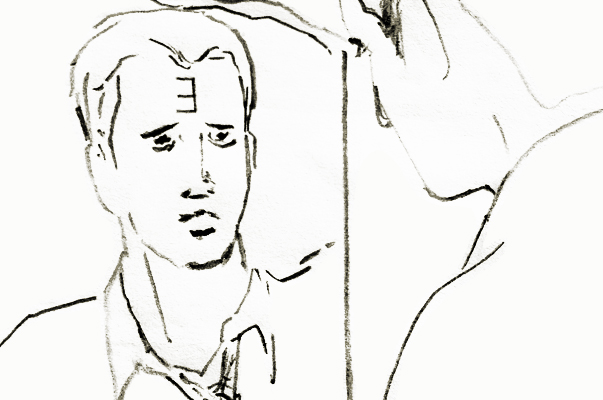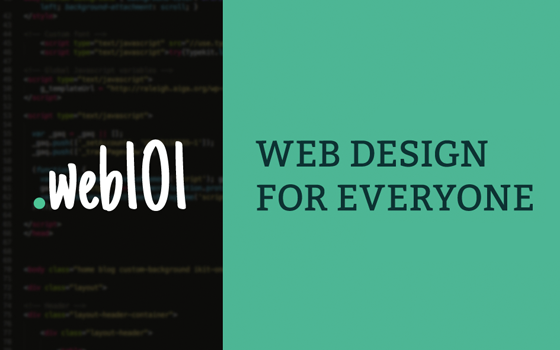
A few months ago, I was listening to an NPR program as I drove to visit a friend. A guest on the program was describing a quick little test you can take that reveals how tuned in you are to the perspectives of others. It goes like this:
With your index finger, draw an imaginary, capital letter E on your forehead.
Go ahead. Actually do that.
Now, have you drawn your E so that it faces you — so that in your mind’s eye, you can read that E as you would on a page — or have you drawn it backward, so that someone else standing before you could read it as if your forehead is the page?
What do you suppose you can conclude from your answer?
For years now, a group of social scientists — Adam Galinsky, Joe Magee, Ena Inesi, and Debora Gruenfeld — have been using this and other scenarios to explore how power affects our ability to shift our perspective, or in other words, how it might blind us to the thoughts and feelings of others. It’s a fascinating question, and one that seems to yield a consistent answer: Yes, power corrupts. And that corruption can be as subtle as a reduction of empathy, or an expanding blind spot within which fall those around us. Galinsky and his colleagues conclude,
“High-power individuals anchor too heavily on their own perspectives and demonstrate a diminished ability to correctly perceive others’ perspectives.”
In the car that day, I drew a backward E. When I heard the interpretation afterward, I was pleased, but mostly surprised. Among my many flaws, I can tend toward a brute force approach to getting things done rather than the sort of careful diplomacy I’d prefer to be known for (I’m not fishing here, I promise). I’ve been working on that, and this little test was just a small, empirical indicator that I may have made some progress. But I’m not writing this to talk about that. I’m writing this to give you a way to measure your own progress.
After all, in this business, technology moves far too fast for any meaningful measure of progress to come by way of techniques or objects. Ultimately, what we do is service, which means people in, people out. In that system, perspective and empathy are the currency. Now you have another way to check your balance.


